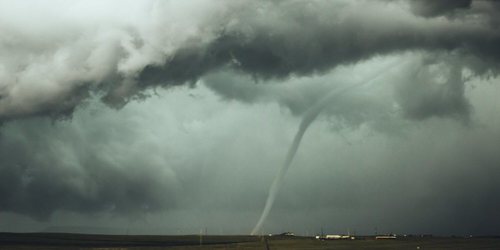

In the quest for environmental sustainability, rain barrels have become popular for collecting rainwater to curb water use and reduce stormwater runoff. Yet these eco-friendly tools can unintentionally serve as nurseries for juvenile mosquitoes—a surprising pitfall in the green infrastructure movement.
A recent study from the University of Illinois, published in the Journal of Medical Entomology, surveyed 115 rain barrels at 53 households in Champaign County, Illinois to determine how often mosquitoes established themselves in these water-saving devices and which preventative measures worked best. The research highlights a double-edged sword: while rain barrels conserve water, improperly maintained containers can become breeding grounds for mosquitoes, known vectors of diseases like West Nile virus.
Principal Investigator Brian Allan, Professor of Entomology, explains, “Rain barrels are an excellent tool for homeowners to help in reducing water use, but they hadn't been carefully evaluated yet as a potential habitat for mosquitoes.” The study found that over half of the surveyed households had at least one mosquito-positive barrel. Statistical analyses revealed that rain barrels with a mesh covering over their lids had fewer mosquitoes. Additionally, treatments such as the bacterial insecticide Bacillus thuringiensis israelensis (Bti), chlorine, or even the introduction of natural predators like goldfish effectively prevented mosquito development.
The research also uncovered a gap in homeowner knowledge—most recognized short-term fixes like dumping water, but few were aware of long-term strategies such as using mesh or insecticides. Becky Cloud, first author of this study and graduate student in Ecology, Evolution & Conservation Biology, stressed, “Our findings confirmed that there are simple solutions for reducing mosquito habitat, though these solutions require homeowner education and compliance.”
Empowering current and future rain barrel owners through community outreach and education is essential. With proper preventative measures, rain barrels can remain a safe, effective, and environmentally sustainable asset in managing stormwater runoff without compromising public health.






